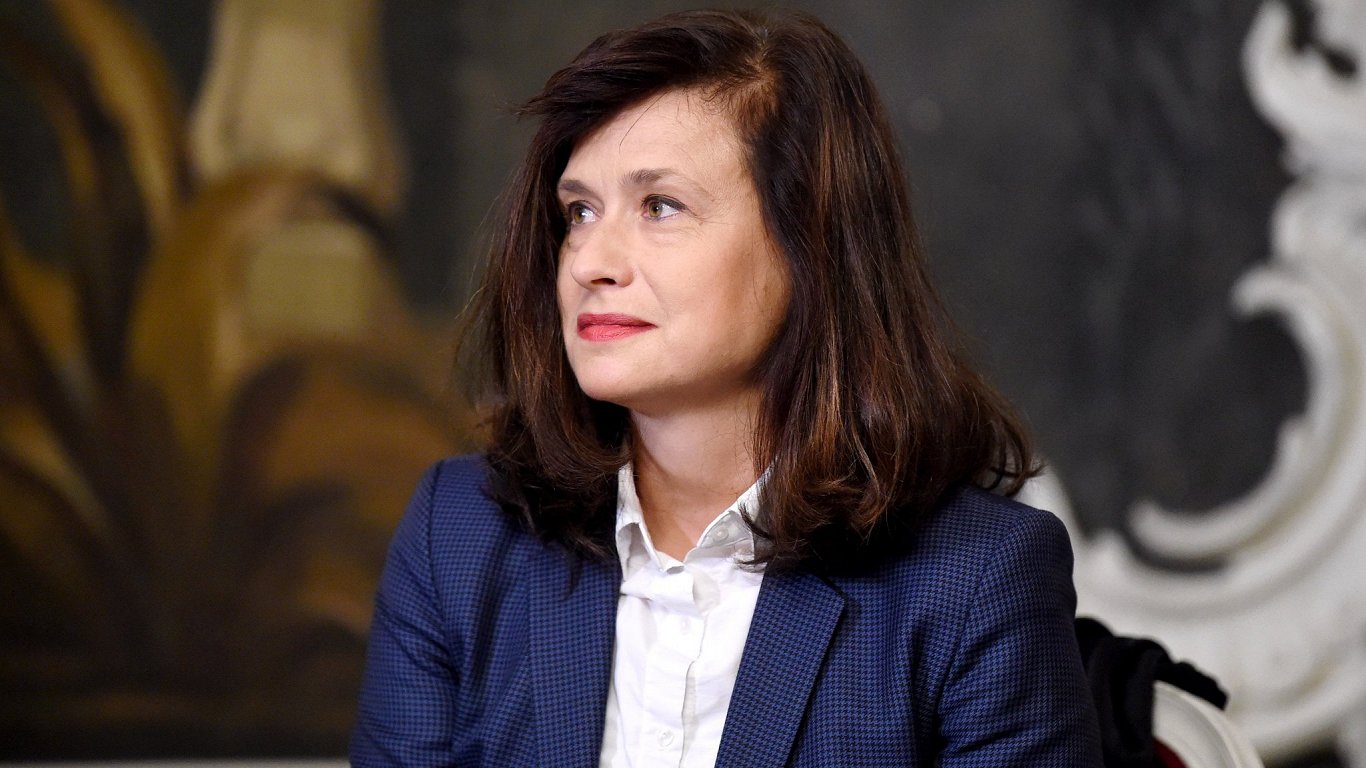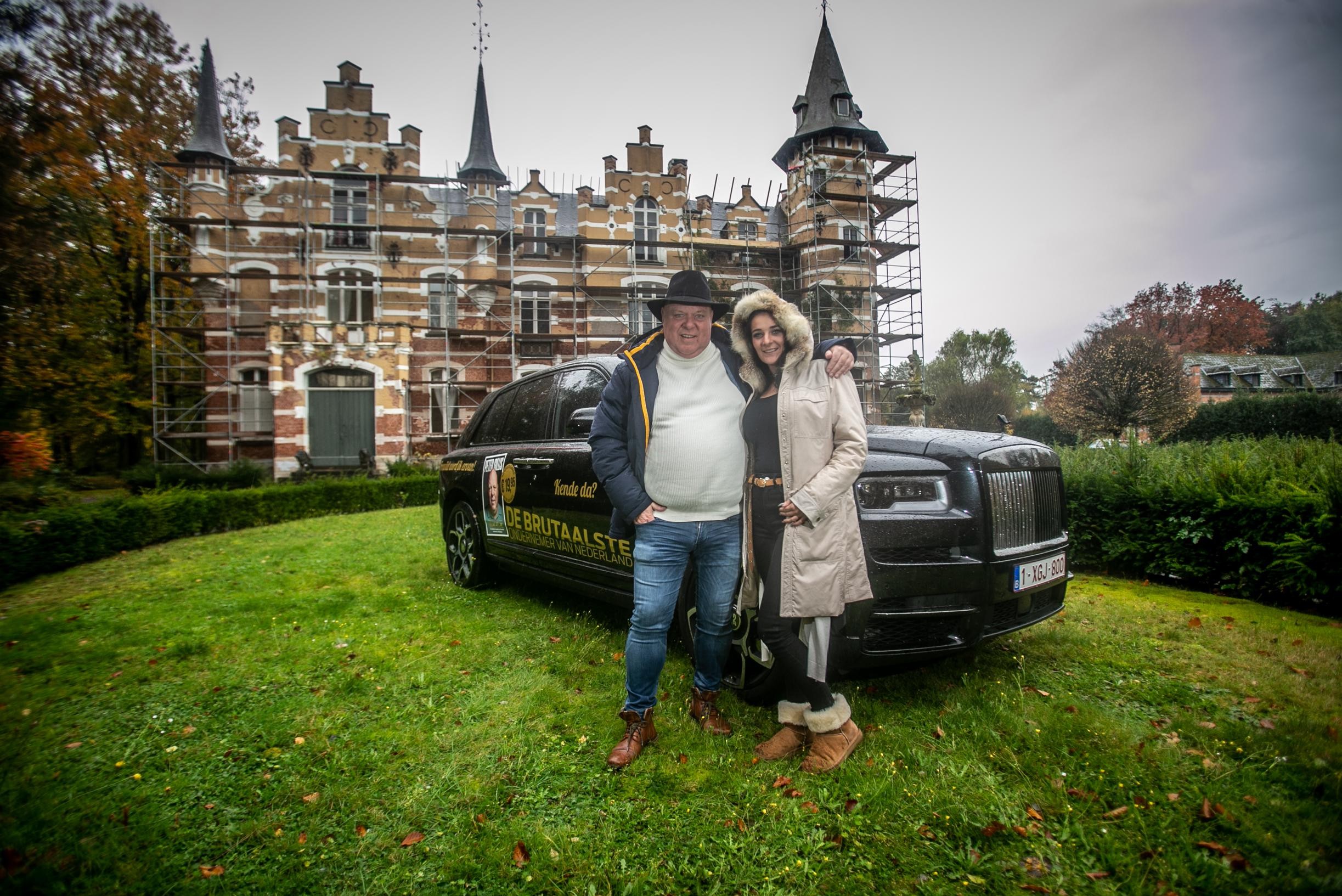IN SHORT:
- The influx of film premieres in early autumn marks the arrival of diversity and a new generation of directors.
- Cinemas again “on pause”, the reality of Covid-19 also influenced the course of “Riga IFF”.
- During the short period of cinema operation, the film “Tizlenes” became the most successful.
- Restrictions on cinemas have caused a major shock to the film industry.
- The crisis follows a very successful 2019 – both in Europe and in Latvia.
- The year 2021 will not be pleasing with intoxicating statistics.
- Showing a film in a cinema is still vital.
Different and new
Both in 2020 and this year, cinemas in Latvia have been closed for a long time due to the pandemic. The long-awaited resumption of work this summer also did not prove sustainable. The period of operation of Latvian cinemas was quite short, from mid-summer to mid-October, a little over two months, during which the long-awaited premieres on the big screen managed to celebrate several Latvian feature films – “Say Yes!”, “Tizlenes”, “Pit”, “Wild East. Where will the road lead”, also a multi-series film “Emilija. Queen of the Latvian Press” and others.
The Latvian films screened in a short period of time marked both stylistic and genre diversity, as well as the arrival of a new generation of directors – three of these films were made by debut directors, moreover, with drastically different handwriting and creative interests. Dace Pūce’s social drama of the province has emotional power “Better“, which nominated for “Oscars”, namely, was chosen as Latvia ‘s application for the US Academy Award for Oscars in the foreign film category. A sense of sparkling style characterizes Marta Elīna Martinson’s attractive, stylish film for young people “Kneel“is also peculiar Matīsa Kaža’s attempt to localize the western genre. And they’re not the only current movies this fall – there were also big screen premieres for several major documentaries, such as “Gorbachev. Paradise“, “Homo Sovieticus” u. c.
Feature film “Pit”
Photo: Shot from the movie
–
–
Festival expectations
Traditionally, a strong platform for the film is its premiere at an international festival, and also at the Riga International Film Festival (Riga IFF) several Latvian films were scheduled to premiere, so that later the screening of these films will continue on cinemas.
Unfortunately, the reality of Covid-19 also brought its own adjustments here, and several of the films were premiered in a situation of increased epidemiological constraints, others – already online, for example, Dāvis Sīmanis’ feature film “Year before the War”, which was released earlier this year. Latvia was represented at the international Rotterdam festival and was patiently waiting for the premiere in Latvian cinemas. The version of the fairy tale “Snow White and the Seven Dwarfs” – the film “In the Mirror” – created by director Laila Pakalniņa in self-aesthetic aesthetics turned out to be the closing screening of the Riga International Film Festival. The planned screening in cinemas for both films – “The Year Before the War” and “The Mirror” – is paused.
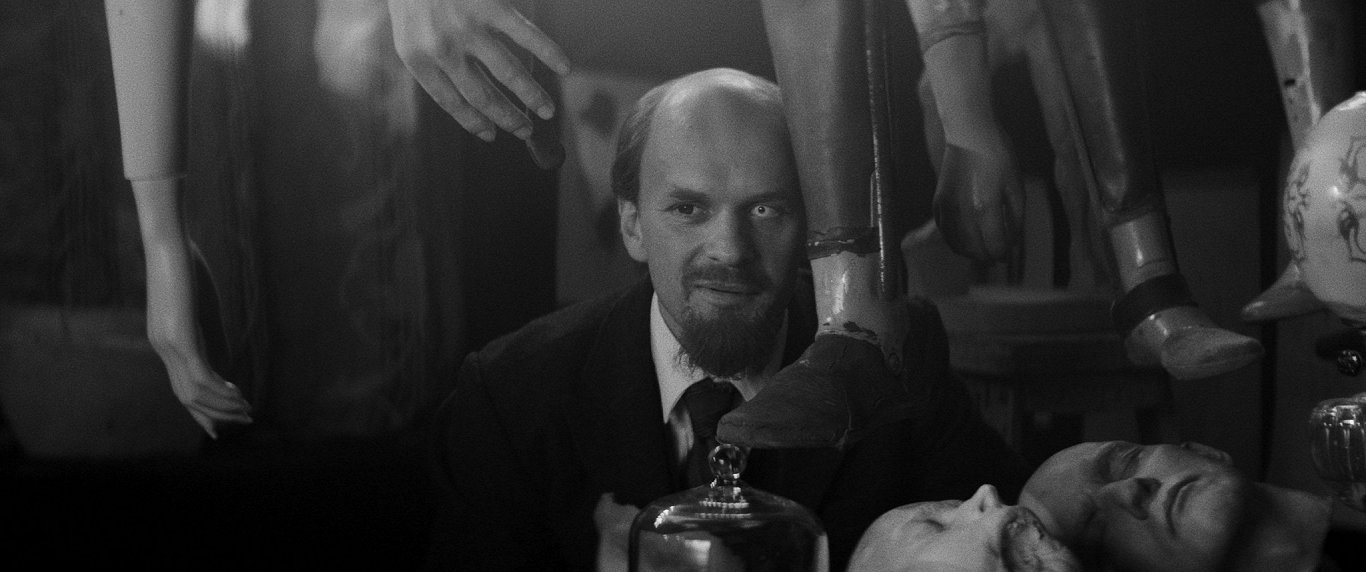
The Year Before the War
Photo: Shot from the movie
–
–
The Riga International Film Festival was opened for the unique documentary “I Was Born Rosellini”, a project cherished by Italy and Latvia (studio “VFS Films”), which connects the seemingly incompatible world genius, Italian neorealist Roberto Rosellini is associated with Latvian cinema culture. Yes, indeed – these movies directed by Alessandro Rosellini The family of relatives, which also includes the actress, model and iconic personality Izabella Rosellīni, has been filmed by Valdis Celmiņš – an outstanding cameraman, whose camera power was able to give special emotional power to Latvia ‘s most popular film “Soul Blower” for the last 30 years.
And about the festivals – in the first week of November, several Latvian films (both the first two series of “Emilija” and “Where the Road Leads” and “In the Mirror”) are shown on the big screen in New York, where from November 3 Baltic Film Festival.
How lucky
The question is – how did Latvian films fare during the short operation of cinemas? In terms of attracting viewers, the film “Tizlenes” has become the most successful so far, which has managed to attract about 10,000 viewers. A dubbed version of the film in Czech has also started a parallel life, as this film, which tells about the life of a teenager in the late 90’s and stylized in the aesthetics of American youth films of that time, has been co-produced by Latvia and the Czech Republic.
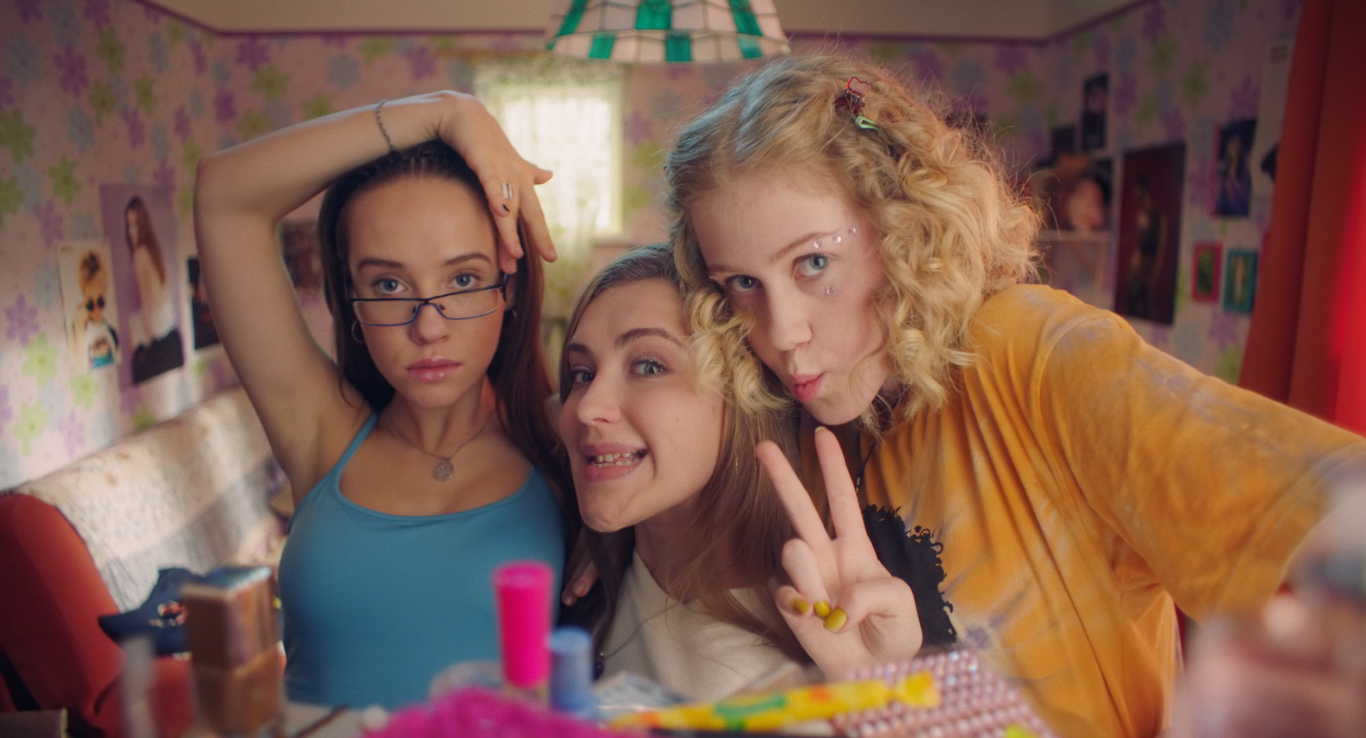
“Tizlenes”
Photo: Publicity image
–
–
Successful has been a series of films »Emilia. Queen of the Latvian Press“Mistrus Media” experiment – to show the film series in separate cinema screenings, although it is basically designed as a work for television and Internet platforms (we can perceive this fact as evidence that Presumably, the course of other Latvian films in cinemas would have been more louder if the repertoire time allocated to them had not been so limited.
Records and the crisis
And yet – why such a fuss about cinemas? Why shouldn’t Latvian films be shown on platforms and on television? Yes, the films are shown on various channels, a large part of these films have already been offered on most local platforms. However, it must be emphasized that showing a film in a cinema is still vital – despite the opportunities created by technology for each of us to watch, consume, enjoy (choose the most appropriate term) film in undisturbed “digital egoism” on our small screen.
Why do movies have to be seen in cinemas, why do these classic screenings still play such an important role?
These include aspects of the viewer ‘s perception, for which the cinema provides the necessary conditions for a smooth “immersion in the film”, as well as economic indicators. The pandemic-imposed restrictions on cinemas have caused a major upheaval for the film industry, both for commercially oriented Hollywood businesses and for European, including Latvian, filmmakers, distributors and performers (cinemas). In Europe, revenue from film screenings fell by 70.4% or € 6.2 billion in 2020; In comparison, the crisis followed a very successful 2019, with cinema revenues of € 8.8 billion in Europe and 1.34 billion viewers (according to The International Union of Cinemas).
2019 was also great in the experience of Latvian cinema, just like 2017 and 2018, when the audience of Latvian films in cinemas was record-breaking – the largest in the last 30 years. (In 2018 – 556,832 spectators; in 2019 – 548,938 spectators). During this time, the films of the Latvian Centennial Program were released, including the “Fund of Criminal Excellence”, “Nameja’s Ring” and “Soul Blower”; even in 2020, before the pandemic, the film “City by the River”, which became the most watched Latvian film, had excellent results, allowing maintaining a high percentage of national cinema in the common screening market (the share of Latvian films shown in cinemas was 22.06% in 2018, 2019 20.16% in 2020, 19.9% in 2020, data from the NCC statistical publication “Facts and Figures”).
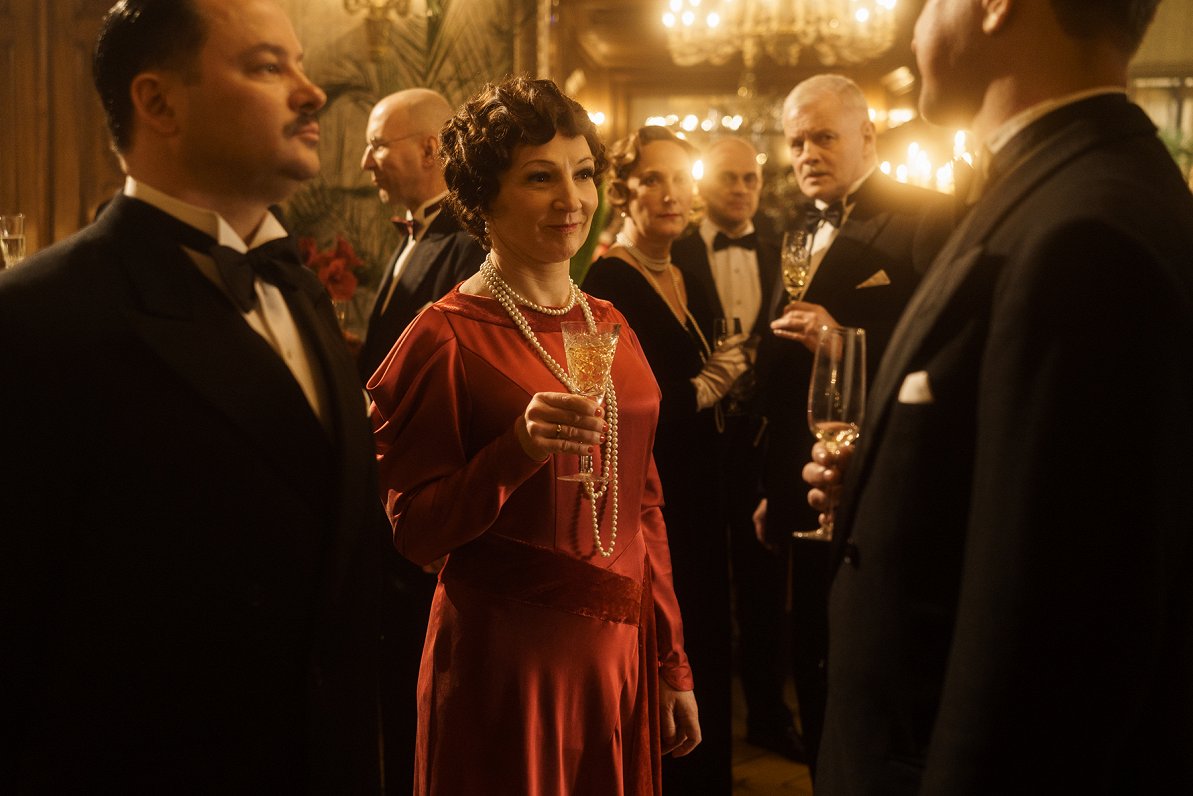
The multi-series film “Emilia. Queen of the Latvian Press ”
Photo: Andrejs Strokins
–
–
Unfortunately, the year 2021 will not be pleasant with intoxicating statistics – the operation time of cinemas has been short, and we are already rapidly approaching the difficult to predict end of the year.
However, when cinemas open their doors again, let’s go and watch movies on the big screen, because the screen really matters!
Of course, during the home session we should focus on the offer of streaming platforms – a large range of classic Latvian films can be watched on the non-commercial platform filmas.lv, the content of which is provided by the National Film Center, as well as new Latvian films can be found on various internet platforms. However, the traditional film business model provides for a certain film distribution system in which cinemas play a very important role – they provide filmmakers with the revenue they need to operate film studios (public support for filming under European law can only be partial, themselves). And even if this aspect (the survival of the filmmakers) may seem “uninteresting” to the film viewer, watching a film in a cinema is still an adventure, ideally – aesthetic, artistic, emotional. Other films made in Latvia – feature films, documentaries, animations – are also waiting for the opportunity to be shown on the big screen, and it is to be hoped that this moment will come in the foreseeable future.
–
